Publications
Articles, publications, books, tools and multimedia features from the U.S. Institute of Peace provide the latest news, analysis, research findings, practitioner guides and reports, all related to the conflict zones and issues that are at the center of the Institute’s work to prevent and reduce violent conflict.
USIP Launches Roundtable Series with Asia-Pacific Naval Attaches
The U.S. Institute of Peace (USIP) on November 7 launched what will be a series of discussions drawing together naval attachés representing Asia-Pacific countries in Washington with regional and U.S. policy experts. The aim is to help the naval attachés better understand U.S. policy-making and analytical perspectives, helping their governments to shape informed responses to U.S. strategy in a strategically vital and changing region that is the locus of numerous security, diplomatic and econom...

Assessing North Korea’s Missile Launch
North Korea, in defiance of international calls, launched a two-stage ballistic rocket on December 11, reportedly putting into orbit a satellite. Michael Lekson, an arms control expert, examines what this development means.

North Korea Conducts Nuclear Blast
North Korea on February 12 conducted a third nuclear test blast, drawing immediate global condemnation. USIP has several recent resources discussing the North's proliferation activities.
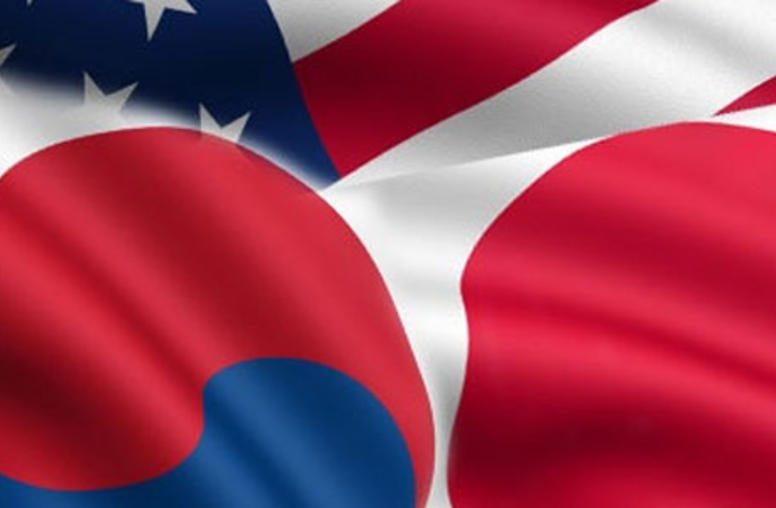
USIP Hosts Round of Northeast Asia Track 1.5 Dialogue
The U.S. Institute of Peace (USIP) this week hosted the eighth round of the Trilateral Dialogue in Northeast Asia, a Track 1.5 project involving current and former senior policymakers and military officials from the United States, South Korea and Japan. The discussions delved into a variety of security and diplomatic topics, including historical tensions between South Korea and Japan, and “achieved candor in a relaxed and truly non-defensive environment,” said one of the participants, Stephen...
USIP's Korea Working Group Convenes 5th U.S.-South Korean Track 1.5 Dialogue
On March 28, USIP's Korea Working Group (KWG), headed by John Park, convened the 5th USIP-Korea Institute for National Unification (KINU) Washington Workshop titled "The Outlook for the North Korean Situation and Prospects for U.S.-ROK Cooperation After the Death of Kim Jong-il.".

North Korea Has Lost the ‘Unification Competition’
North Korean leader Kim Jong Un in January declared peaceful unification with South Korea is no longer possible. In a speech to the Supreme People’s Assembly, North Korea’s parliament, Kim said North Korea’s constitution should be amended to show that South Korea is a “primary foe and invariable principal enemy.”
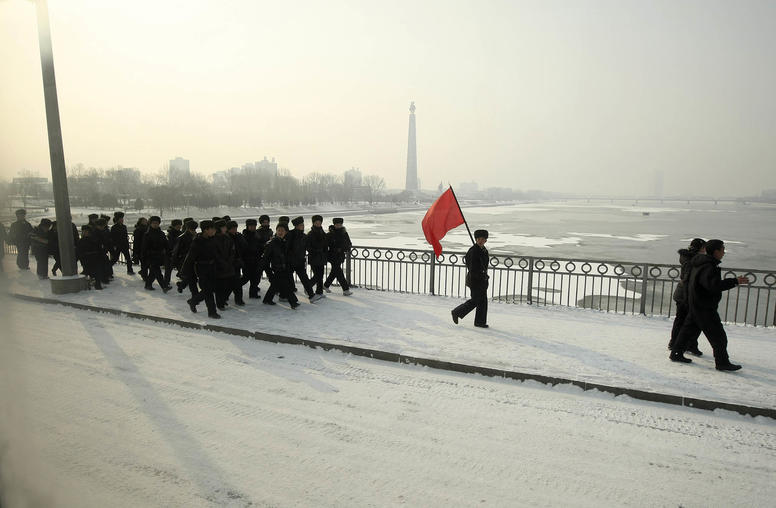
Could Climate Change Compel North Korea to Cooperate?
Like much of the rest of the world, North Korea is experiencing more frequent and more intense climate-related disasters. In the last few years, it has seen its longest drought and longest rain season in over a century. In 2021, the country’s reclusive dictator, Kim Jong Un, called for immediate steps to mitigate the dramatic impacts of climate change, which compound other challenges facing the country, like food insecurity. While North Korea is not exactly known for its efforts to cooperate with the international community, the severe threats posed by climate change could lead to broader engagement that serves Pyongyang’s interests, as well as the interests of the United States, South Korea and China, who all want peace and stability on the Korean Peninsula.
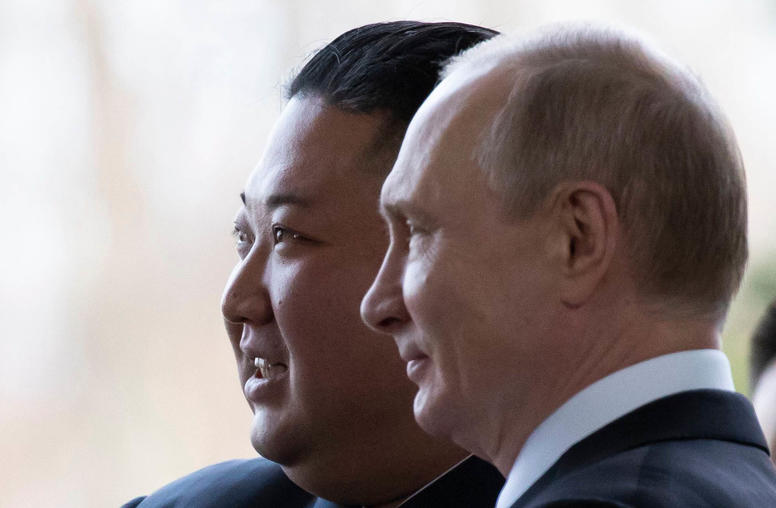
Three Conditions for Successful Engagement with North Korea
The September 13, 2023, meeting between Vladimir Putin and Kim Jong Un in Russia’s Amur Oblast marked a significant crippling of the decades-long U.S. pressure-based approach toward North Korea. The strategy of isolating and pressuring North Korea through United Nations Security Council resolutions to compel its nuclear disarmament in exchange for providing normalized relations, economic aid and sanctions relief may or may not ever have been a winning strategy, but now is no longer viable. The strategy required cooperation among the United States, South Korea, China and Russia, but this now seems a distant prospect.
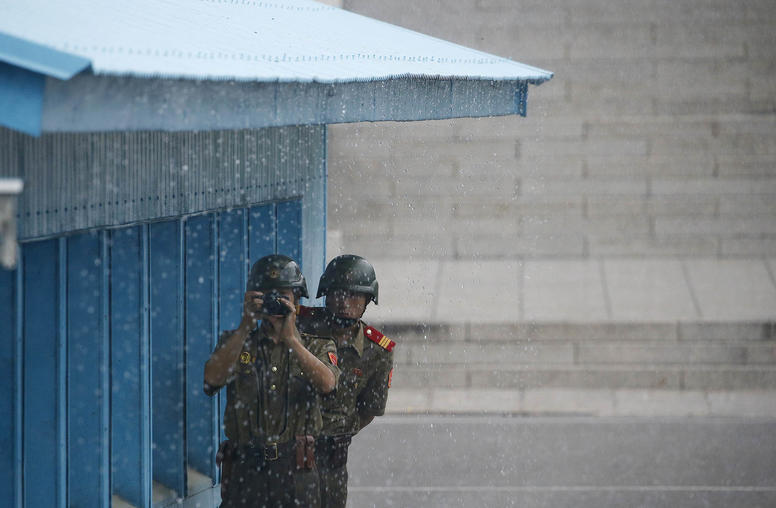
Building Trust through Health Cooperation with North Korea
The United States needs to address the existing trust deficit with North Korea if it wants to coexist peacefully with that country. Trust building through health cooperation may be the least contentious way politically and the most likely to succeed. However, engagement on health and humanitarian assistance with North Korea, like security negotiations, has been undermined by geopolitics.
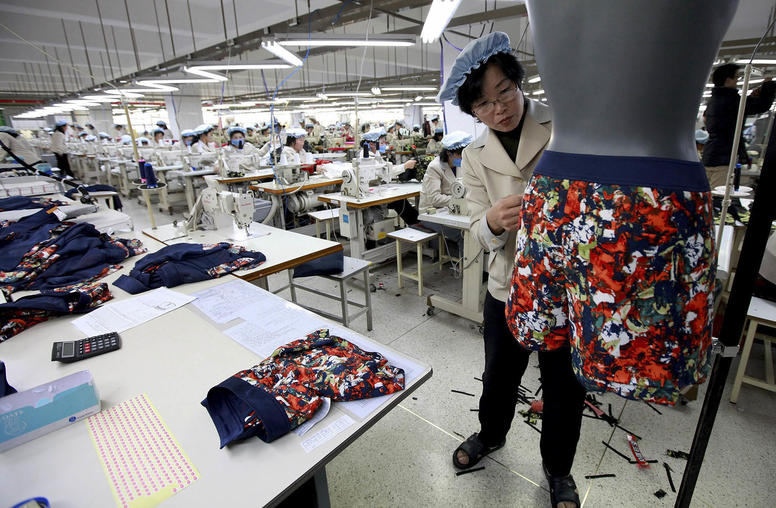
A Framework for Meaningful Economic Engagement with North Korea
North Korea has faced enormous challenges in providing health and food security for its population since its economic collapse and famine of the 1990s. A principal reason was prioritizing state security in the military-first policy under Kim Jong Il and later advancing nuclear and missile programs under Kim Jong Un. Self-reliance ideology was another important factor. In addition, the unresolved Korean War and underlying North Korean perceptions of U.S. and international hostility cast a cold shadow over diplomatic and economic cooperation.